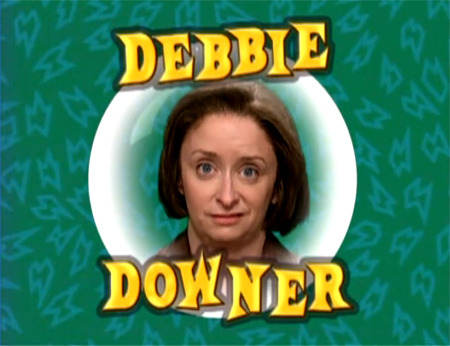In “Alias Grace”, we once again revisit the theme of split personalities. It is not only Grace and Dr. Jordan who struggle to set foot in one sense of self. Nancy also experiences the back-and-forth nature of determining her true self and the persona she displays to the world. Perhaps she had bothered to make one of those sides a little nicer, her untimely end would have been avoided.
Nancy aspires to be the lady of the house. She asserts her power over the other servants in the Kinnear household, giving orders in harsh tones and creating an unhappy environment for everyone. She makes an effort to wear nicer dresses, scarves, and gloves. We know that dress was a very strong indicator of wealth during that time and Nancy did her best to appear as if she belonged to a higher class than she actually did. Kinnear provides some luxuries for his mistress, including cosmetics and jewelry. He allows for her to eat with him and the two partake in the extramarital affair that eventually leads to her pregnancy. All of these actions help to build Nancy’s false sense of privilege. Without being Mr. Kinnear’s wife, it is Nancy who is the woman of the house.
However, she is still a servant who fears her position being taken by Grace. Grace is a beautiful, young girl who comes to the house and attracts the attention of the males. Grace recounts how, “[Nancy] said there was something about me that made her uneasy, and she wondered whether I was quite right, as she’d several times heard me talking out loud to myself.” And although Nancy allows Grace to sleep in her bed when Mr. Kinnear is out of town and lends her clothing to wear to church, Nancy is still intimidated by Grace’s presence in the house. This becomes especially apparent when Nancy becomes pregnant and fears that Kinnear will lose interest in her and chose Grace as his next mistress. Much of this resentment appears through Nancy’s actions and words towards Grace, which become the strongest pieces of evidence to prove Grace’s motive in the murder.
So, Nancy’s struggle comes from a desire for power. Many of the characters throughout this novel grapple with their place in society and the control that they have or do not have over their own lives. I believe that Nancy is one of the best examples of Atwood’s use of the theme of power. Power comes in different forms and can lead to the rise or destruction of a person’s life.
(The only thing worse than a Negative Nancy is a Debbie Downer! Womp womp!)

No comments:
Post a Comment